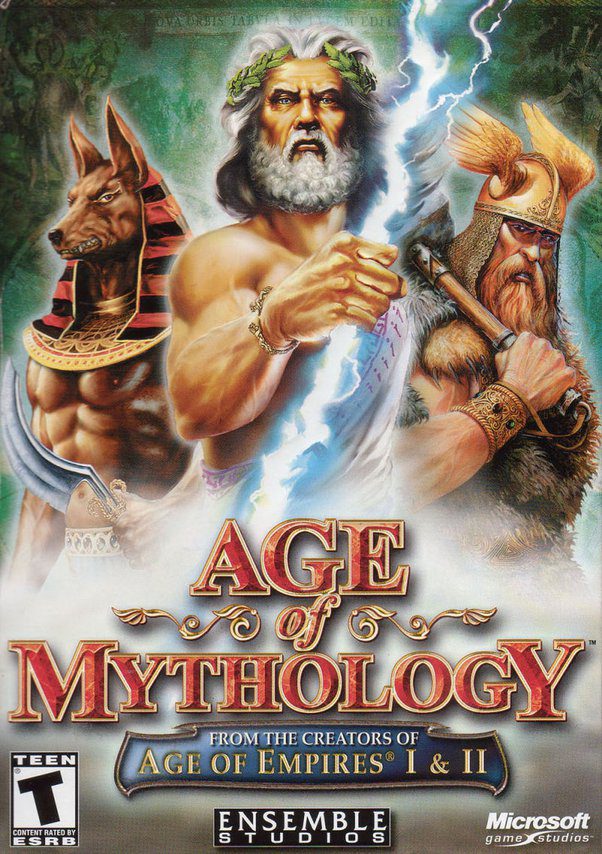The Norse gods, worshipped by the Vikings and other Scandinavian cultures, included powerful beings such as Odin, Thor, and Loki. Odin was the god of wisdom and war, Thor was the god of thunder and lightning, and Loki was known for his cunning and trickery. The Greek gods, worshipped by the ancient Greeks, included Zeus, Poseidon, and Hades. Zeus was the god of thunder and lightning, Poseidon was the god of the sea, and Hades ruled over the dead. While there were differences in the powers and abilities of the gods in each pantheon, both were powerful and influential in their respective cultures.
Norse Gods vs. Greek Gods: Comparing the Powers and Abilities
Throughout history, people have worshipped gods and goddesses from various pantheons. Two of the most prominent and fascinating pantheons are the Norse gods and the Greek gods. Both of these pantheons are rich in history and represent a wide variety of gods and goddesses. In this article, we will discuss the powers and abilities of the Norse gods and Greek gods and compare them to each other.
The Norse Gods
The Norse gods, also known as the Aesir, were worshipped by the Vikings and other Scandinavian cultures. The Norse gods were depicted as powerful beings who lived in a realm known as Asgard. The most prominent gods in Norse mythology include Odin, Thor, and Loki.
Odin
Odin was the king of the Norse gods and was the god of wisdom, poetry, and war. He was known for his wisdom and knowledge and was revered by the Vikings as the god of victory. Odin was also known for his ability to gather knowledge by sacrificing his eye to gain the knowledge of the runes. He was also the god of the dead and was responsible for leading the souls of the warriors who died in battle to Valhalla.
Thor
Thor was the god of thunder and lightning and was one of the most powerful gods in Norse mythology. He was known for his strength and courage and was revered by the Vikings as the protector of the people. Thor wielded his mighty hammer, Mjolnir, and was able to create thunder and lightning by striking his hammer on the ground.
Loki
Loki was a mischievous god who was known for his cunning and trickery. He was often portrayed as a trickster and was responsible for many of the misfortunes that befell the other gods in Norse mythology. Loki was also known for his shape-shifting abilities and could transform into a variety of animals and creatures.
The Greek Gods
The Greek gods were worshipped by the ancient Greeks and were depicted as powerful beings who lived on Mount Olympus. The most prominent gods in Greek mythology include Zeus, Poseidon, and Hades.
Zeus
Zeus was the king of the Greek gods and was the god of thunder and lightning. He was known for his strength and power and was revered by the ancient Greeks as the protector of the people. Zeus wielded his lightning bolt and was able to create thunder and lightning by throwing his bolt at the ground.
Poseidon
Poseidon was the god of the sea and was one of the most powerful gods in Greek mythology. He was known for his strength and power and was revered by the ancient Greeks as the protector of the sea. Poseidon wielded his trident and was able to create storms and earthquakes by striking the ground with his trident.
Hades
Hades was the god of the underworld and was responsible for ruling over the dead. He was feared by the ancient Greeks and was often depicted as a dark and ominous figure. Hades was also known for his ability to control the dead and was responsible for punishing the souls of the wicked and rewarding the souls of the righteous.
Comparing the Powers and Abilities
When comparing the Norse gods and Greek gods, it is clear that both pantheons had powerful and influential gods. However, there are some differences in the powers and abilities of the gods in each pantheon.
The Norse gods were known for their strength and power, but they also had a strong emphasis on wisdom and knowledge. Odin, in particular, was known for his wisdom and knowledge and was revered as the god of victory. The Norse gods were also known for their shape-shifting abilities and their ability to control the elements.
The Greek gods, on the other hand, were primarily known for their strength and power. Zeus and Poseidon were both revered for their ability to create storms and earthquakes, and Hades was feared for his ability to control the dead. However, the Greek gods did not have a strong emphasis on wisdom and knowledge like the Norse gods did.
Conclusion
Both the Norse gods and the Greek gods were powerful and influential pantheons. They were worshipped by the people of their respective cultures and played an important role in their mythology and folklore. While there are some differences in the powers and abilities of the gods in each pantheon, both pantheons represent some of the most fascinating and intriguing characters in mythological history.
